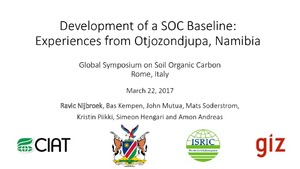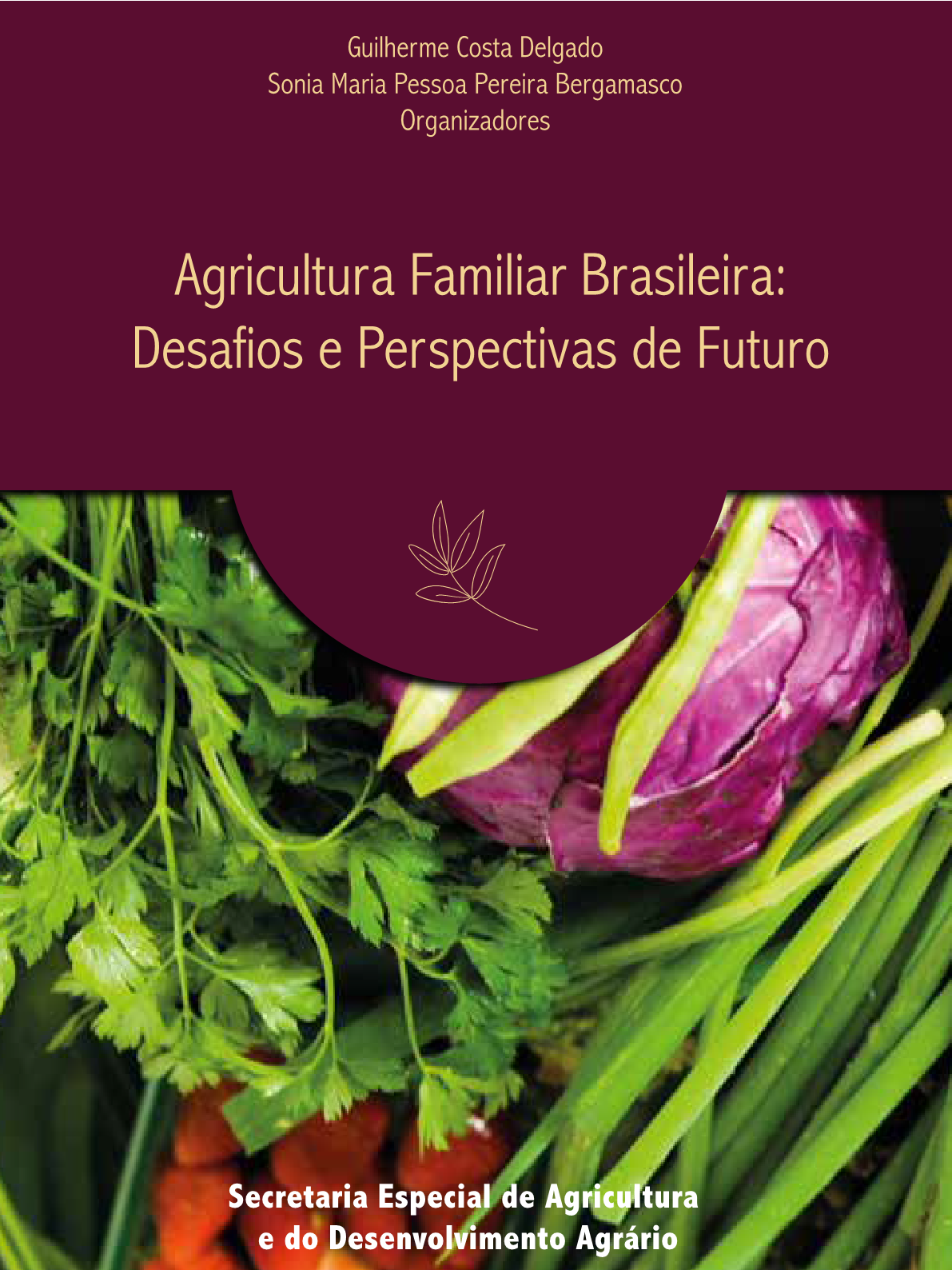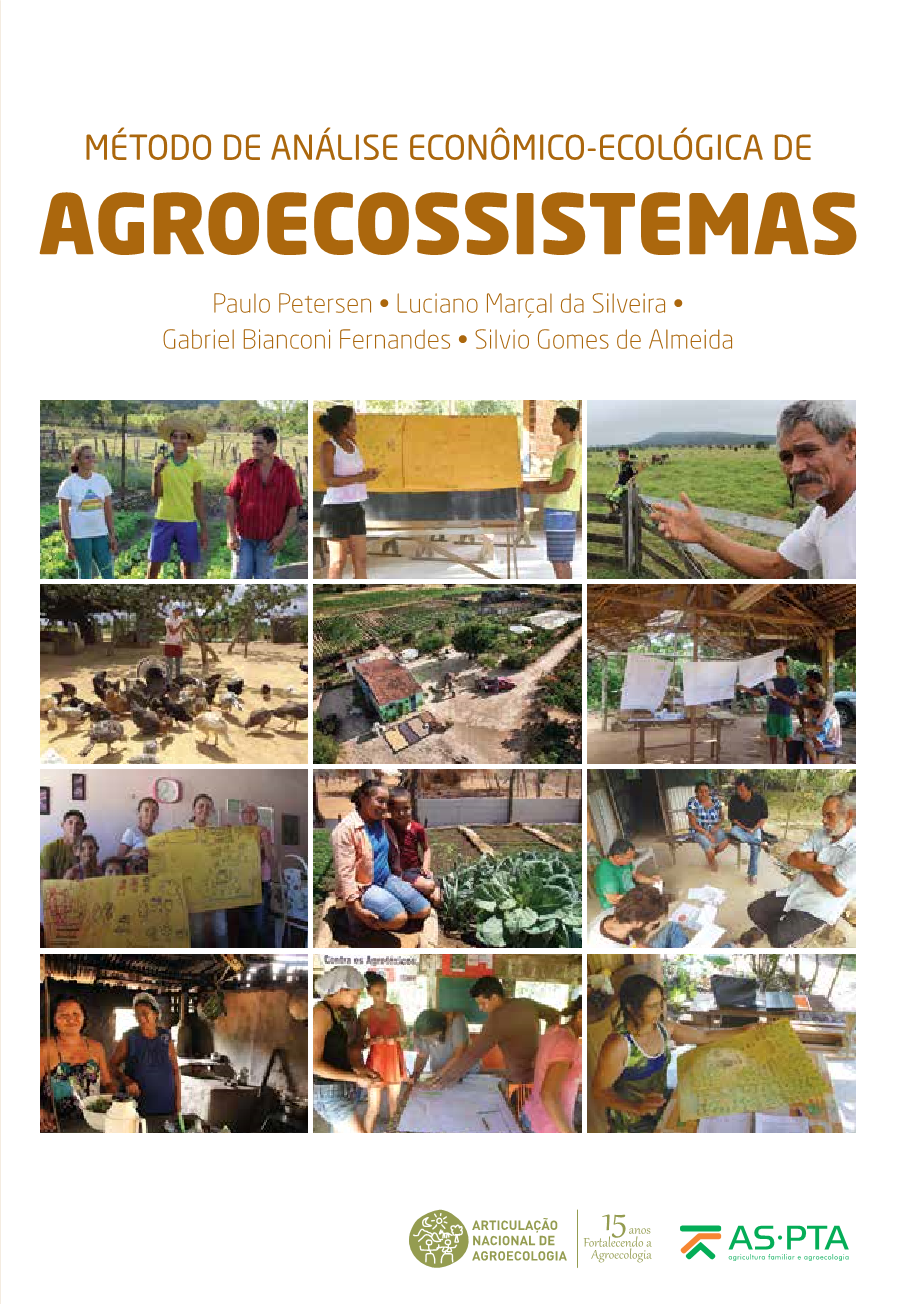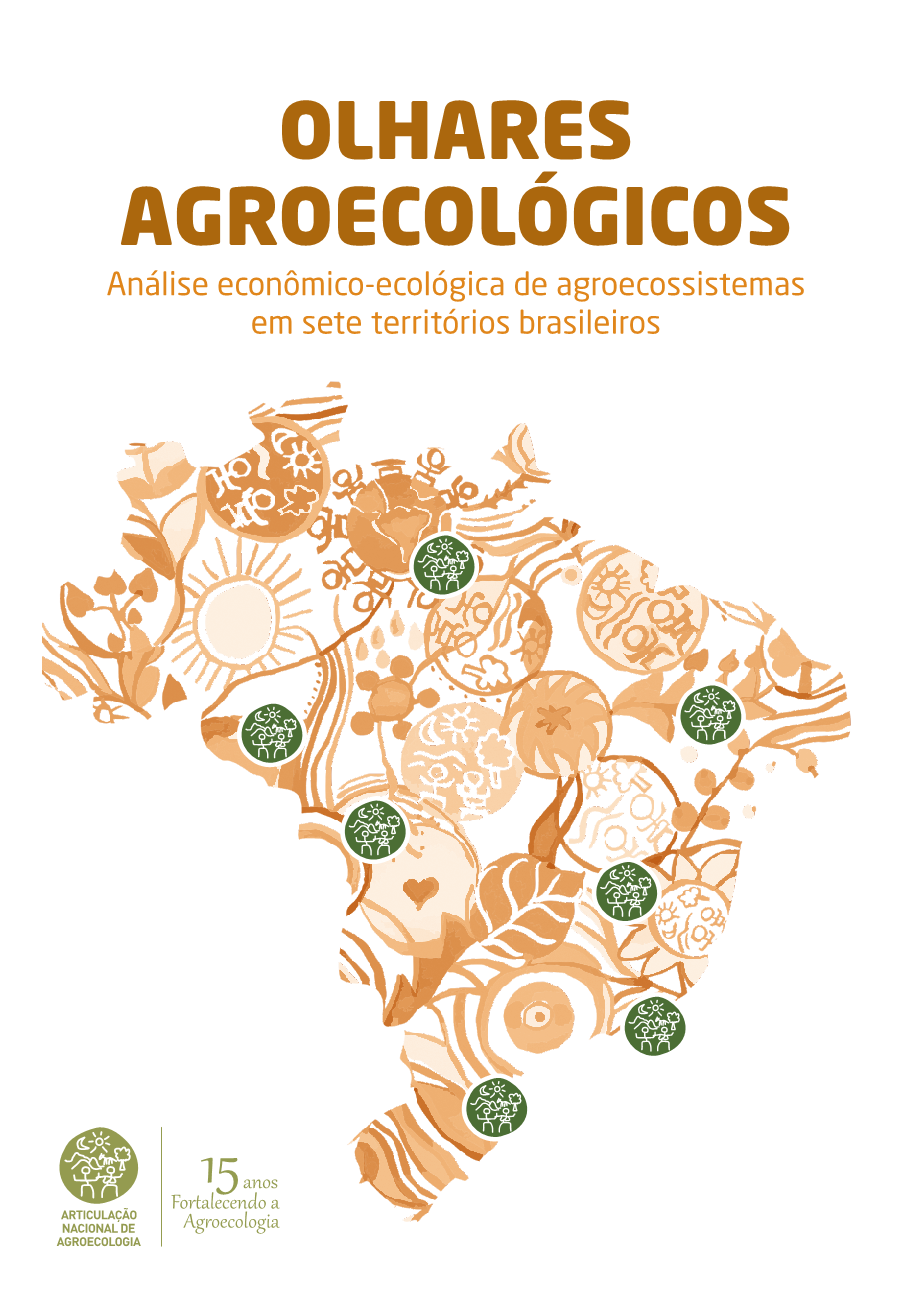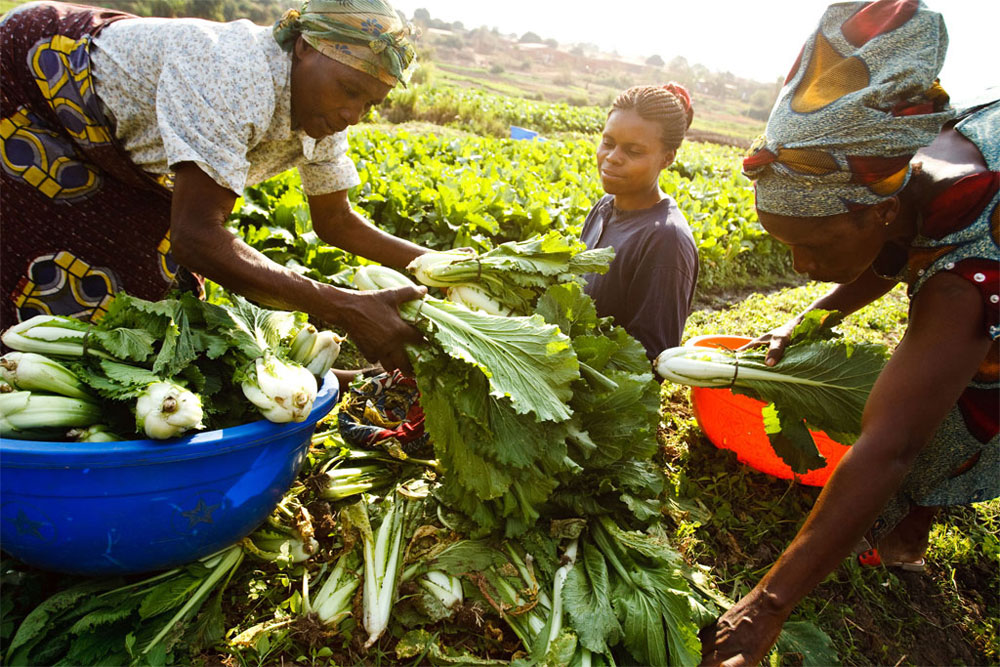Estate Crops More Attractive than Community Forests in West Kalimantan, Indonesia
Smallholder farmers and indigenous communities must cope with the opportunities and threats presented by rapidly spreading estate crops in the frontier of the agricultural market economy. Smallholder communities are subject to considerable speculation by outsiders, yet large-scale agriculture presents tradeoffs that they must navigate. We initiated a study in Sintang, West Kalimantan in 2012 and have returned annually for the last four years, building the baselines for a longer-term landscape approach to reconciling conservation and development tradeoffs in situ.


